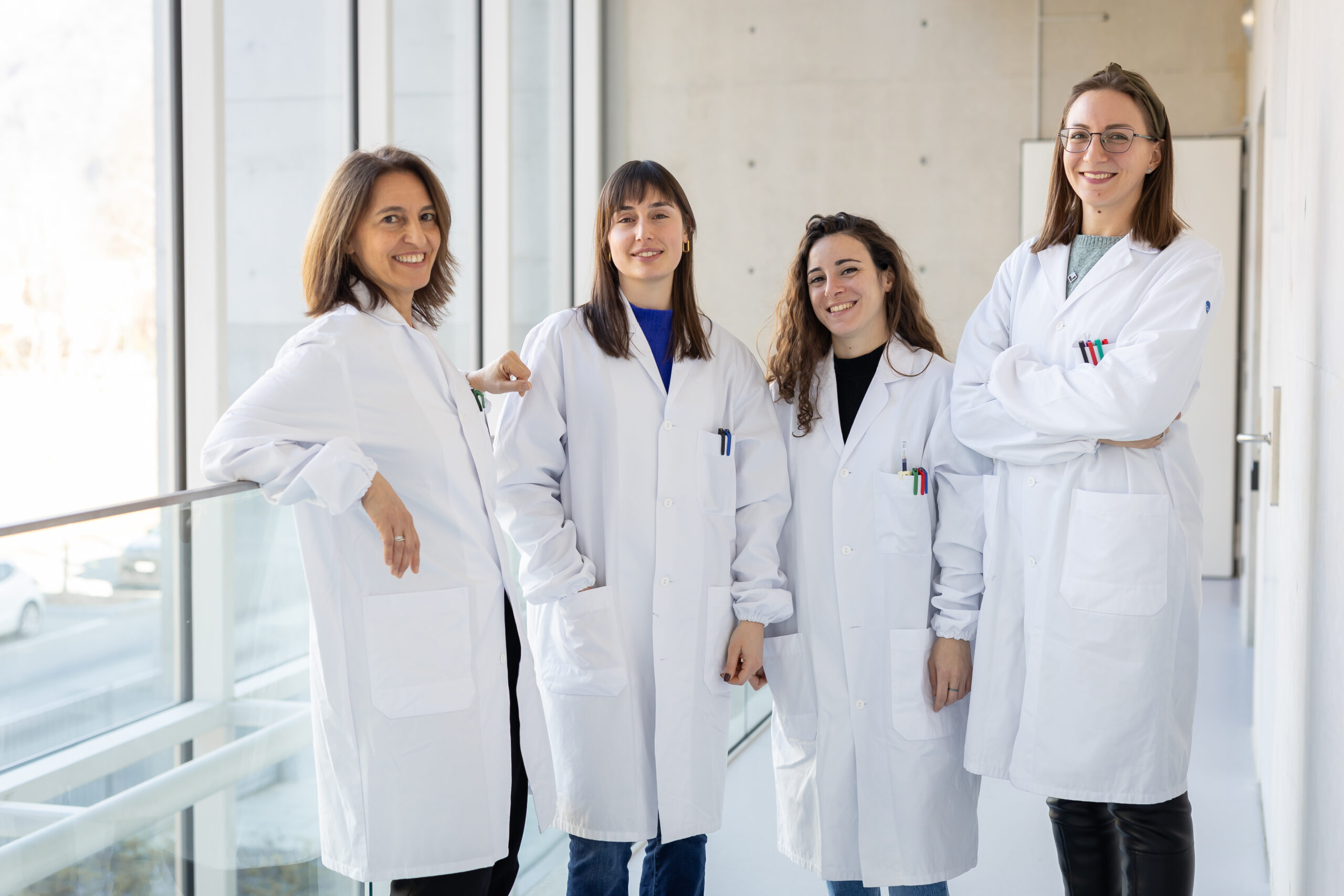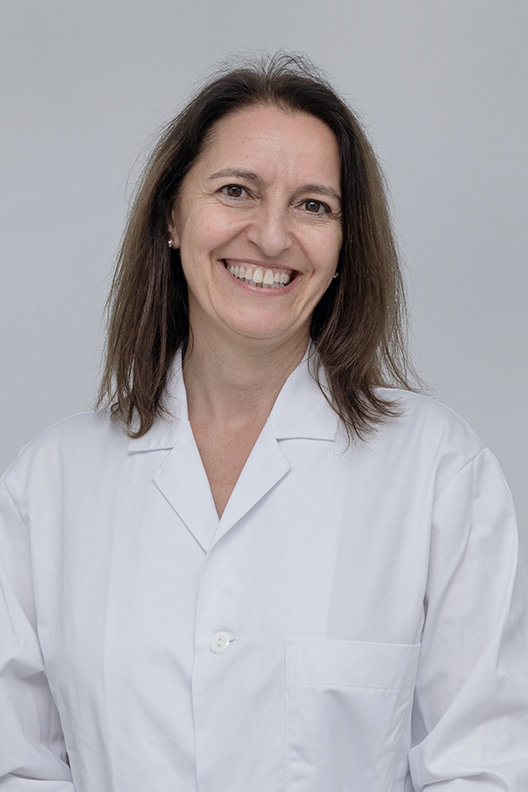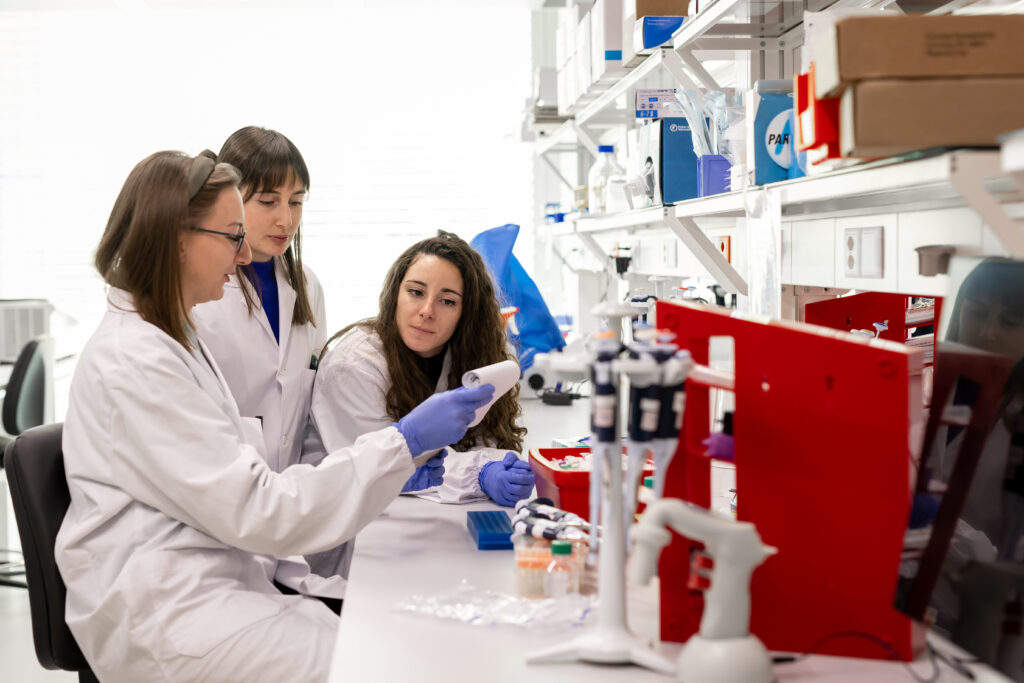The research activity of the LRS group focuses on the interaction between gut microbiota and immune system in gastrointestinal diseases, primarily colorectal cancer (CRC), or in systemic diseases of surgical relevance, such as obesity.
Starting from the analysis of the gut microbiota and the immune contexture in human samples, the LRS group aims at:
- identifying novel biomarkers predictive of long-term response to surgical or medical treatment,
- identifying patients at high risk of recurrence who may benefit of additional therapies,
- developing novel therapeutic concepts based on gut microbiota conditioning through administration of selected probiotics or targeted antibiotics.
The gut microbiota consists of trillions of microorganisms critically shaping immune system development and immune responsiveness, through their effects on host metabolism.
In pathological conditions associated with increased gut permeability, such as cancer or inflammatory diseases, defined species of the gut microbiota translocate from the lumen into the lamina propria of the intestinal mucosa and therefore directly interact with epithelial cells and infiltrating immune cells.
Recent studies of the LSR group in CRC have demonstrated the capacity of bacterial components of the gut microbiota to induce, upon direct contact with tumor cells, expression of chemokines recruiting into the tumor bed immune cells predictive of favorable clinical outcome. Analysis of tumor-associated microbiota in human CRC samples has led to the identification of a group of bacteria positively associated with high immune cell infiltration and prolonged patients’ survival. Immunomodulatory properties of identified bacteria and their capacity to promote antitumor effects are currently being investigated in in vitro and in vivo models.
On the other hand, defined bacterial species enriched in CRC tissues have been found to mediate pro-tumorigenic effects. In particular, Fusobacterium nucleatum, is associated with a poor response to chemotherapy and unfavorable prognosis.
In collaboration with the Oncology Department of EOC, a clinical study has recently been initiated, to evaluate the effectiveness of pre-operative antibiotic therapy with metronidazole to reduce tumor colonization by Fusobacterium nucleatum in patients with CRC undergoing surgery.
A more recent project related to obesity, aims at characterizing microbial species present in the visceral fat of obese patients and their potential association with long-lasting effectiveness of bariatric surgery.
In collaboration with the Infection Disease Unit and the Institute of Pharmacology of EOC, the LSR group has also evaluated the impact of the gut microbiota composition on immune responses to SARS-CoV-2 in COVID patients and in healthy subjects undergoing vaccination.



